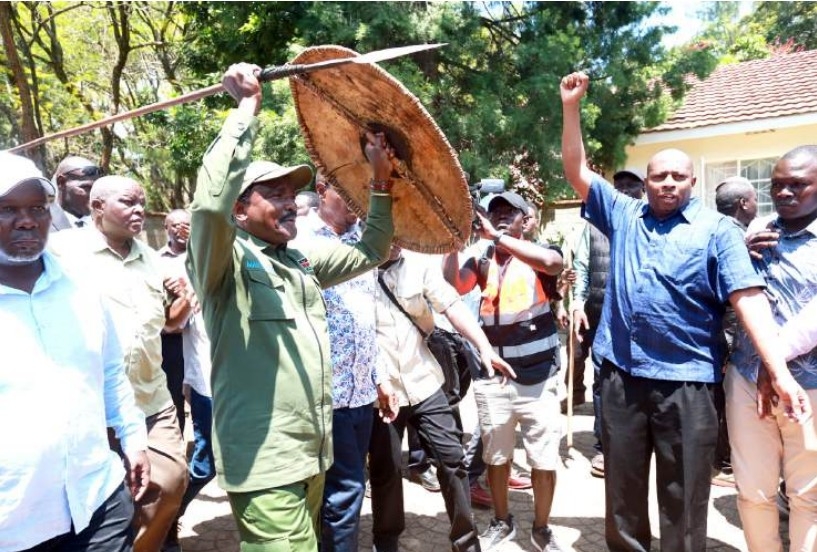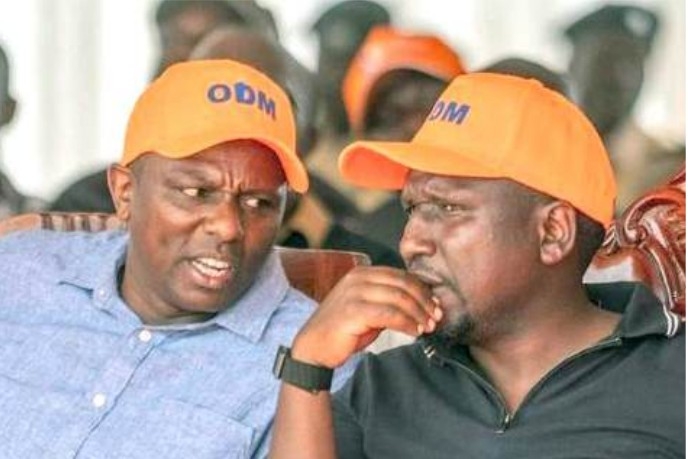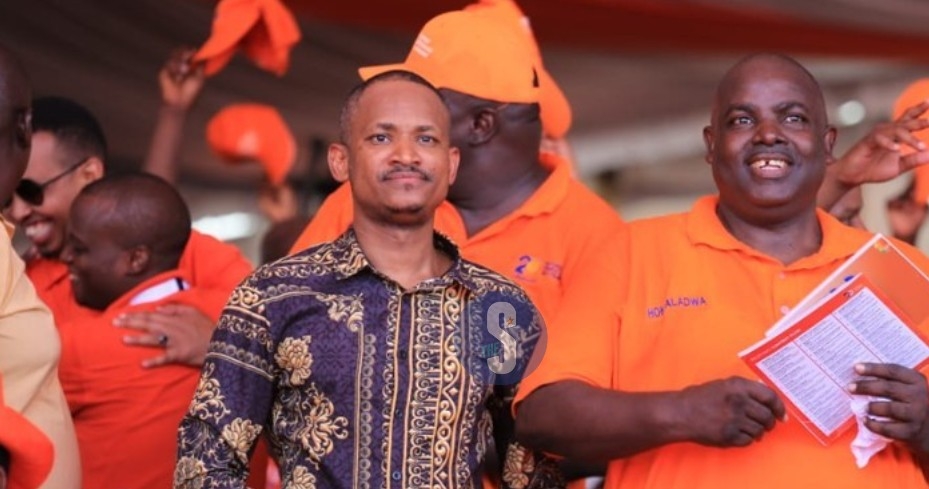Secondary school heads have denied doing business with uniforms in their institutions at the expense of parents.
Kenya Secondary School Heads Association chairman Indimuli Kahi on Monday said, “That is a perception that I have kept saying is not true. There is no principal in his or her right senses who would want to turn his or her school into money-minting process by selling uniforms.”
He spoke after a tour of the Sheikh Zayed Hall where the 46th Kessha conference is set to take place until Friday.
“We don’t sell uniforms,” Kahi insisted.
This comes amid complaints from parents that they are forced to buy specific kinds of uniforms from specific sellers, raising questions about the genuineness of the whole process.
However, Kahi said principals usually provide an avenue through which parents can easily access the uniforms, lest they be forced to buy uniforms at exorbitant prices and which may not be of the required colour, quality or shade.
He said schools are also subjected to the public procurement process by the government and they usually advertise for the supply of uniforms in the local dailies and on their websites.
“Meaning whoever will apply will competitively be picked. After this person has been competitively picked, there are two things,” he said.
Kahi explained that after a supplier is picked, parents will be told to buy the uniforms from that specific supplier or the supplier will be asked to take the uniforms to school.
He also said uniforms should be separated from boarding items including bedding, among other things.
“Sometimes we are accused wrongly and I would want to ask Kenyans to go slow on those accusations on principals doing business.
“We would not mind if we say today go and buy anywhere. It is the same parents who will start saying they are being exploited,” Kahi said.
The Kessha chairperson said the 46th conference will be looking at different issues that affect education including the Finance Bill 2023, which President William Ruto has assented into law.
“We are aware when the PS was making his comments to Parliament the other day, he clearly indicated that with what is being given in the budget there is a possibility of one million students lacking capitation,” Kahi said.
Already, principals have expressed fear that this could significantly affect funding of schools.
“As we get into the implementation of that finance law as far as education is concerned, we must take cognizance of that red flag that the PS had already given," he said.
“I’ll back him on that. We need to look for more funds so that we are able to get all our children get capitation.”
He however pointed out that principals want the capitation increased from the current Sh22,244 per secondary school student.
The more than 9,000 secondary school heads expected to meet at the conference will be deliberating on how to completely transition from the 8-4-4 system which is coming to its tail end and usher in full the Competency-Based Curriculum (CBC).
Some students have been invited to the conference to air their views and issues on sanitation in schools and how they are affected.
“We also want to tap on international experience in terms of ICT integration,” Kahi said.
This is important given the fact that when the Covid-19 pandemic hit the country, schools were forced to close for about nine months yet in countries like Estonia, this did not happen.
The Estonian ambassador to Kenya will be giving a talk about their experience and how they overcame that difficulty.
Prof Peter Kent, the President of the International Confederation of Principals, will share on the education managers’ preparation whenever there are changes in curriculum.
Since the university funding and scholarship method has been changed by the Kenya Kwanza administration, Higher Education and Research PS Beatrice Inyangala will be speaking on the new approach in getting to tertiary institutions and how students will get there.
The principals will also discuss the preparation for take-off of CBC in senior secondary schools which will be ready in two years’ time.
“What are the various pathways the senior secondary schools are going to be? Will all the schools pick all the three pathways? And if not, what criteria will be required for each school to be able to pick whatever pathway," Kahi said.
“This is the preparation time for us and we would like direction and advice on what we should do in order to prepare.”

















